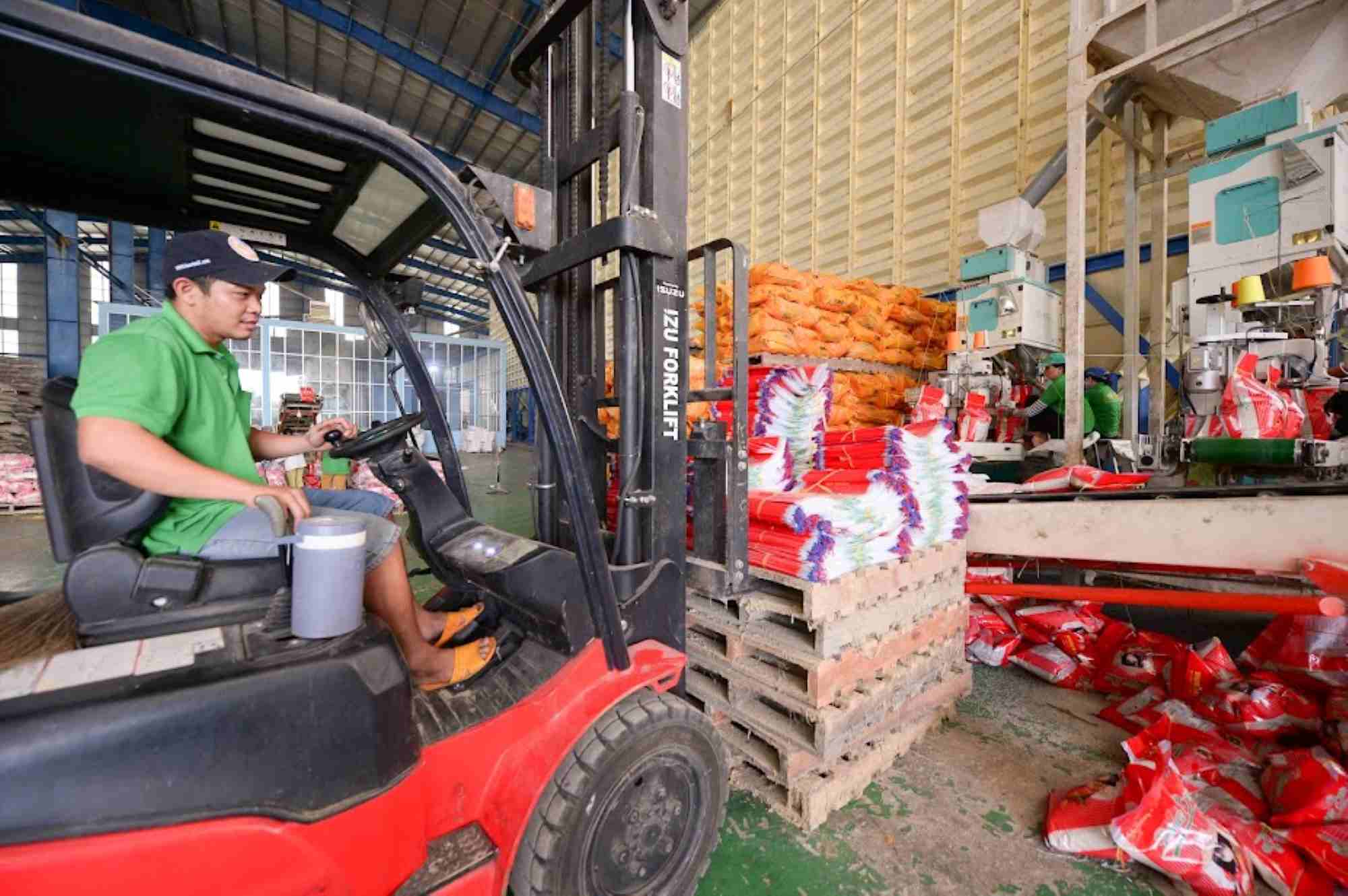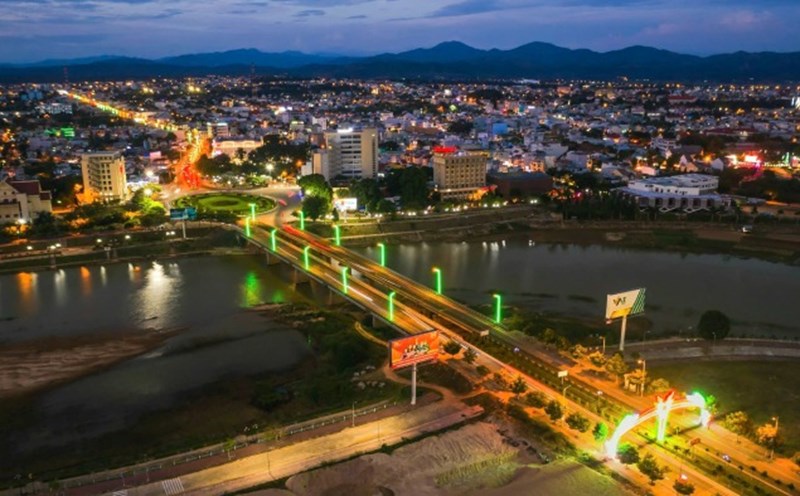Enterprises expect accompanying policies
At the conference to deploy tasks for the transport sector at the beginning of this year, the Prime Minister assigned specific tasks to three large private corporations to participate in key national projects. In which, Hoa Phat Group was assigned to produce rail bars for the North - South high-speed railway; Thaco was assigned to manufacture train cars for the railway; and Vingroup was assigned to participate in the construction of the Ho Chi Minh City - Can Gio metro line.
This is a positive sign showing the strong policy of the Government in encouraging and prioritizing the assignment of national key projects to domestic private enterprises with sufficient capacity. However, for businesses to be able to officially start implementing, further steps are still needed to specify legality.
Sharing with reporters of Lao Dong Newspaper, a representative of Hoa Phat Group said that the enterprise has fully prepared all necessary conditions to participate in the North-South high-speed railway project, especially items related to rail bar production. Hoa Phat affirmed that he is completely ready in terms of capital, land fund, technology and human resources.
In recent times, Hoa Phat leaders have worked directly with the Prime Minister many times, attended related conferences and continuously expressed their commitment to being ready to participate. The company representative said: "We are still waiting for the official order document from the Government to have a basis for investment implementation. This is a very specific industry, so if it is not documented, businesses cannot start production".
According to the representative of Hoa Phat, if assigned to do so, the construction of the factory and the production of rail bars can be completed within 1-2 years, ensuring quality to European standards at competitive prices.
On a smaller scale, Ke Go Company Limited - a company operating in the field of exported wooden furniture production - is also waiting for the market and support policies to overcome difficulties. Mr. Trinh Duc Kien - Deputy Director of the company - said that over the past 2 years, the export market that the enterprise focuses on exploiting has been continuously declining, with weak consumption, making sales activities more difficult than ever. "Regarding capital or policies, our businesses do not encounter any major problems. The main difficulty still lies in sales, related to customers and the market" - Mr. Kien frankly shared.

The private economy needs motivation to develop at the right level
Assessing the current situation, Dr. Dinh The Hien - an economic expert - commented that many domestic private enterprises have enough capacity to participate in key areas such as transport infrastructure, energy, supporting industry, etc. However, this area has not yet developed at the right level due to problems with institutions, policies and access to resources.
Dr. Hien pointed out that the main cause lies in three major bottlenecks. Firstly, in key areas such as large infrastructure, energy, the private sector still does not have much room to participate deeply. Second, the structure of private enterprises is currently shifting to real estate and financial investment, while the number of manufacturing and exporting enterprises that play a leading role in the value chain is very small. Finally, the mindset of dependence on bank loans is still popular, making businesses more susceptible to financial risks.
This expert believes that most private enterprises today maintain a business model based on loans, lacking a sustainable development strategy. On the contrary, banks tend to lend to real estate because it is easier to mortgage and safer. This creates a vicious cycle: credit capital flows into real estate, while manufacturing enterprises have difficulty accessing capital.
Sharing the same view, Mr. Nguyen Quang Huy - CEO of the Faculty of Finance - Banking, Nguyen Trai University - also said that businesses currently have difficulty accessing national resources such as land, financial capital and especially product consumption markets. "The State has had many support policies, but in reality, many small and medium-sized enterprises still have difficulty accessing preferential capital, or administrative procedures are cumbersome and lacking in flexibility" - Mr. Huy commented.
According to Mr. Huy, for capable private enterprises, the State needs to build a transparent, stable and long-term legal corridor, so that enterprises can confidently invest. Especially in foundational fields such as manufacturing, infrastructure, and supporting industries. At the same time, there needs to be a selective policy, focusing on supporting businesses that are competitive and avoiding spreading resources.
Synchronous solutions to remove bottlenecks for the private economy

Dr. Dinh The Hien said that to remove bottlenecks for the private economic sector, there needs to be a synchronous solution, both improving the business model and perfecting institutions and policies. In particular, we should focus on the following 4 solutions:
First, correctly assess the role of small and medium enterprises. In Vietnam, small businesses, especially in agriculture and special production, if they apply technology, improve governance and connect the market, can completely create a solid network, contributing greatly to the economy.
Second, encourage the formation of a chain of links. Encourage small businesses to participate in industry linkages and associations to avoid disruption. Businesses can share resources, increase competitiveness, and gradually form small and medium-sized enterprises based on a linked platform. The supply chain should be led by leading enterprises, but not necessarily by large corporations but by professional organizations with connecting capacity.
Third, for enterprises expected to participate in national key projects, it is necessary to encourage the transition to the public joint stock company model. This is a modern and transparent model, helping businesses easily mobilize capital from the stock market, reduce dependence on bank credit, and at the same time improve governance, meeting transparency requirements.
Fourth, the state should focus on improving the business environment, reducing operating costs for businesses, investing in transport infrastructure and logistics reasonably. As for businesses, if they want to develop sustainably, they need to improve their competitiveness and expand the market, and cannot rely forever on credit or support capital. Nam Phong











